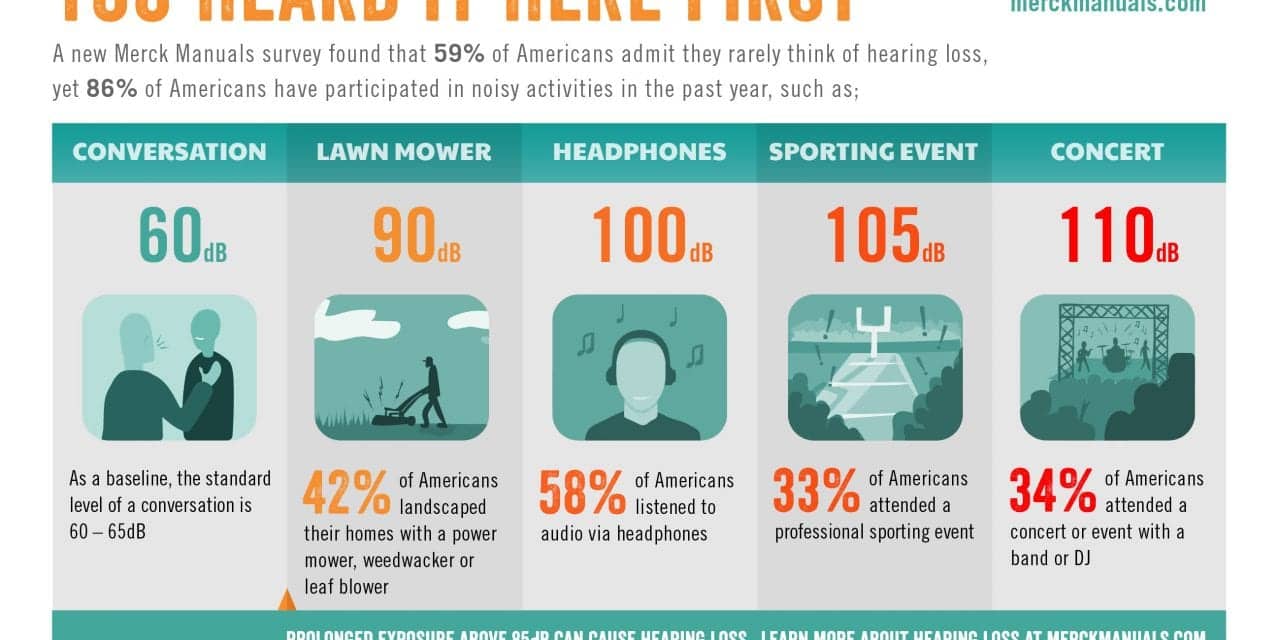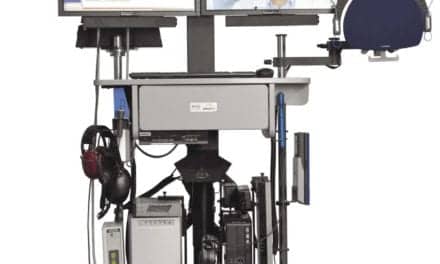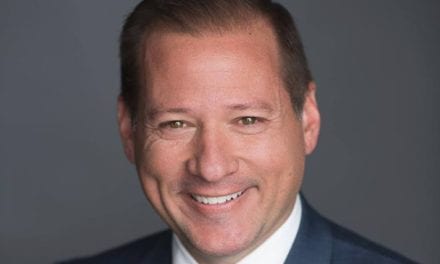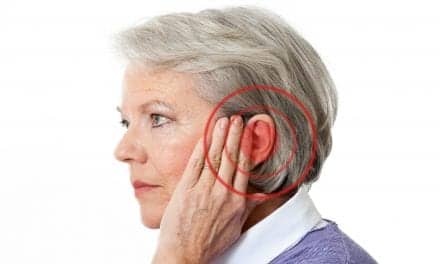Hearing loss is a common sensory disorder in the United State. Yet many people admit they don’t often think about hearing loss and are reluctant to use some of the most effective hearing loss prevention and treatment techniques.
A survey released from the Merck Manuals—a medical resource first published in 1899—found that 59%of Americans say they rarely think about hearing loss, Merck announced. At the same time, 86% of respondents say they have participated in noisy activities in the last 12 months, including listening to audio through headphones or earbuds (58%); landscaping their home with a power mower, weed wacker, or leaf blower (42%); attending a live concert or event with a band/DJ (34%), or attending a professional sporting event (33%). These activities all have the potential to damage hearing, depending on the volume and duration of sound.
The survey of more than 2,000 US adults was conducted online by Harris Poll on behalf of the Manuals in July 2018. Other key findings include:
- Nearly 9 out of 10 (86%) understand that hearing damage can happen even when something doesn’t “sound” too loud, yet just 64% say they try to take preventative measures to protect their hearing whenever possible.
- Nearly a third of Americans (32%) believe it is rare for adults to develop hearing loss at a young age. Younger adults aged 18-34 (43%) are twice as likely to believe this, compared to older adults aged 65+ (21%).
- Two thirds of Americans (66%) recognize that if hearing loss runs in your family, you are more likely to be affected by it.
Understanding the causes of hearing loss, along with effective ways to treat it, are crucial steps to limiting the extent to which hearing loss impacts communication and day-to-day life. In a recent editorial on MerckManuals.com, Dr Lawrence R. Lustig, an expert in hearing loss and treatment, explains that people must consider the length of exposure as well as the volume of the noise when identifying sound that could harm hearing.
“Here’s a good rule of thumb—if you have to speak above your normal tone of voice to be heard, chances are your surroundings are too loud,” Lustig said.
Lustig, who authored the chapters on hearing loss for the Merck Manuals, emphasized that hearing aids are often an effective way to regain some hearing loss. But he noted National Institutes of Health (NIH) data shows only about one in five Americans who would benefit from hearing aids actually use them, and many wait years before seeking out options.
According to the Merck Manuals’ survey, 63% of Americans said getting hearing aids is essential to quality of life for those with hearing loss. But as Americans get older, they are more inclined to believe getting hearing aids can be very expensive (66% of Americans aged 55+ compared to 48% of those aged 18-54).
The survey revealed other attitudes about hearing aids:
- 55% of Americans said getting hearing aids can be expensive;
- 52% said wearing modern hearing aids is barely noticeable;
- 31% said wearing hearing aids can be physically uncomfortable,
- 20% said wearing hearing aids can be embarrassing.
“Being aware of noise exposure and taking steps to protect your ears is the best way to prevent the need for hearing loss treatment,” said Lustig. “For people suffering from hearing loss, talking to a doctor can determine how to best keep a loss of hearing from interfering with a productive and enjoyable daily life.”
Survey Methodology
This survey was conducted online within the United States by Harris Poll on behalf of Merck Manuals from July 24-26, 2018, among 2,011 adults ages 18 and older. This online survey is not based on a probability sample and therefore no estimate of theoretical sampling error can be calculated.
Source: Merck Manuals
Image: Merck Manuals






Nobody thinks about hearing loss. That’s a fact. You need to be told about it in order to believe it!